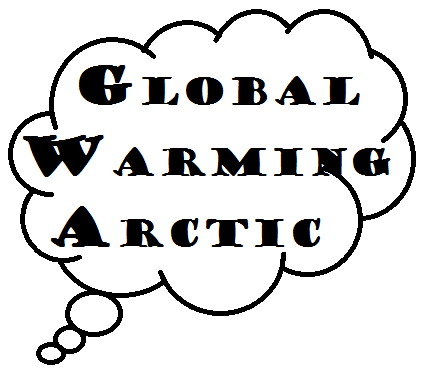
How to Stop Climate Change
The EU has three (and with Iceland, potentially four) Arctic Council states amongst its members and maintains close relations with Iceland and Norway through the European Economic Area. The changes to the climate in the Arctic or any possible accident happening in the area will thus have a direct and major impact on coastal regions in Europe and on its climate-dependent sectors such as agriculture, fisheries, renewable energy, tourism and transport. The EU has a responsibility to protect this area and to encourage its other Arctic partners to jointly safeguard such a fragile region.Arctic ice is melting at an unprecedented rate. The disappearance of so much ice should be seen as a serious wake-up call for concrete action to protect our climate. It should not be seen as an opportunity for developping more exploitative businesses, which are - very ironically! - the direct reason why global warming is intensifying and thus the Arctic sea ice is melting.Because tackling the melting of the Arctic is tackling climate change itself, protecting the Arctic is of extreme importance. Experts' warnings must be taken seriously by Europe and all politicians across the globe. Now is the time for encouraging new policies to curb fossil fuels and spuring on the development of renewable energy sources. In 2013, Green Member of the European Parliament Bas Eickhout co-authored European legislation to reduce the use of F-gases, extremely powerful greenhouse gases. His legislation is probably the most ambitious climate legislation the EU has adopted in recent years. Recent research shows that the legislation has had a positive effect on the green economy in Europe, in contradiction to warnings by lobbyists, and now the legislation is copied across the world. With the Arctic ice melting at an unprecented rate, the open waters and the region' s supplies of oil, gas and minerals are attracting a growing number of actors. This is setting off a global competition for influence and economic opportunities far beyond the nations that border the Arctic.On Wednesday 15th May the eight arctic nations (the U.S., Russia, Canada, Sweden, Finland, Denmark, Iceland and Norway) met in Kiruna, Sweden, to discuss the future of the region. They officially approved the inclusion of six new nations as observer states (China, India, Italy, Japan, Singapore and South Korea).They also signed a declaration vowing to improve economic and social conditions in the region and protect the environment. Participants recognized that climate change in the Arctic causes significant changes in water, snow, ice and permafrost conditions, with cascading effects on biodiversity, ecosystems, economic and human living conditions all around the world. States declared their willingness to work with other nations through ongoing United Nations climate change talks to conclude a global treaty no later than 2015. Finally, they also agreed on the necessity to prevent oil spills in the Arctic and signed an agreement to cooperate in the event of such an accident in the region.Here is an interesting point. How can politicians on one hand agree that climate change is a real problem and promise to do their best to protect the climate and at the same time still allow for drilling in the Arctic? If more cooperation in case of an accident is certainly a good thing in itself, wouldn't it be much more efficient to immediately ban drilling in a region that is so sensitive and which is also the first victim of climate change? The root of the climate crisis is first and foremost our economic's addiction to fossil fuels. So why on earth do the Arctic States (of which 3 are EU states) remind us that we have now reached the symbolic atmospheric carbon dioxide milestone of 400 parts per million and that substantial cuts in CO2 emissions are necessary while at the same time implicitly allow companies for getting fossil fuel in the Arctic?The same question goes to our EU parliamentarians, who are about to vote on offshore oil and gas operations tomorrow. A majority decided to ignore the Greens/ EFA group’s call for a moratorium on drilling in the Arctic and other vulnerable or touristic areas in the EU during the negotiations with the European Commission and the Council.